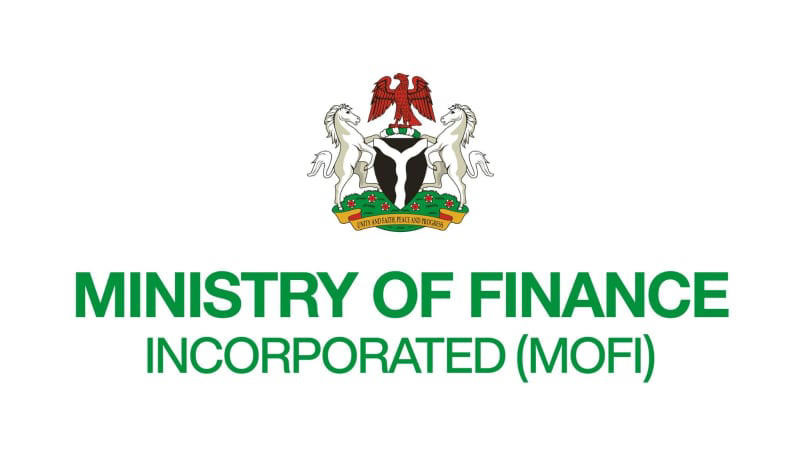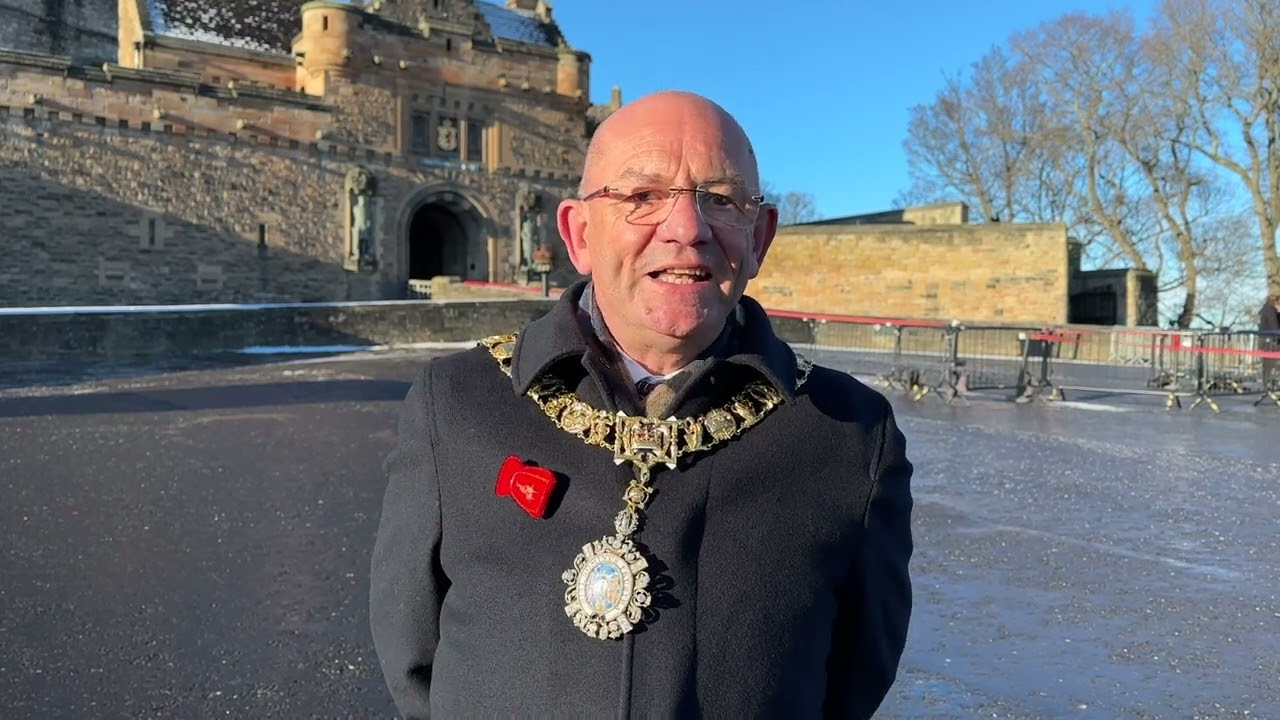A Nation at a Crossroads
Time for a Reckoning as Nigerians, we find ourselves at a crossroads, grappling with the economic realities that come with our vast potential but limited fiscal capacity. Recent discussions have centered around the Buhari administration’s borrowing practices, alleged to surpass the combined foreign debts of the Obasanjo, Yar’adua, and Jonathan administrations.
This trend has raised eyebrows, particularly as it seems to stem from a refusal to implement crucial economic reforms—namely, floating the Naira and phasing out fuel subsidies. The implications of continued borrowing are stark. If we persist on this trajectory, we risk diminishing the Naira’s value until it becomes as worthless as toilet paper. This situation transcends political affiliations; the economic fundamentals remain unchanged regardless of who occupies Aso Rock.
The Tax Gap: A Critical Issue
A significant point of concern is the overwhelming sense of entitlement that pervades our society. Our gross domestic product (GDP) reveals a troubling statistic: only 8% of it comes from taxpayers, one of the lowest ratios globally. In contrast, countries like the United Kingdom, the United States, Canada, and Germany derive about 36% of their GDP from taxation. This disparity raises a critical question: how can we expect our government to provide services comparable to those in these nations when we contribute so little?
The Cost of Entitlement
The reality is stark: Nigeria lacks the oil revenue needed to sustain the needs of a population exceeding 220 million, with less than 10% actively contributing to the tax base. There exists a pervasive mentality among many Nigerians that the state should bear the cost of living; however, this mindset overlooks a fundamental truth: the state itself must derive its means from the population. Without adequate tax revenue, the government faces limited options: it can either borrow or resort to printing more money. The consequence? A devalued Naira and increased costs of living—essentially a hidden tax borne by all citizens.
A Culture of Criticism vs. Constructive Solutions
It is essential to recognize that while critiques of the government are necessary and democratic, some criticisms stem from partisan perspectives rather than genuine concern for national welfare. Discontent often arises not from policy failures themselves, but rather from a disappointment that one’s preferred candidate is no longer in power. This cyclical critique clouds our ability to engage constructively with our economic challenges.
A Call for Fiscal Responsibility
What Nigeria requires now is a shift in mindset. We must move away from an entitlement mentality toward a culture that prioritizes fiscal responsibility, accountability, and active citizenship. Encouraging a broader tax base by promoting compliance and integrating more of our population into the formal economy is essential. Only then can we work toward sustainable solutions that benefit everyone.
Learning from the UAE: A Path Forward
Nigeria has one or two lessons to draw from the United Arab Emirates (UAE) on how a nation raises its revenue base without necessarily increasing taxes. The UAE is one of the lowest tax nations in the world. It does not impose income tax on citizens, but they only need to pay 5 percent value added tax (VAT) for goods purchased or services rendered, according to the UAE government official website.
The UAE’s corporate tax is nine percent, which it only started implementing in June 2023. This is against 32 percent corporate tax in Portugal, 30 percent in Germany, and 30 percent for Nigeria (large companies), Statista said. Yet, the UAE’s revenue stood at 463.9 billion dirhams ($126.3 billion) in 2021, up 26 percent from 2020, according to the state news agency, WAM. Its revenue in the fourth quarter of 2023 was $42.45 billion, an 8 percent increase from the further quarter of 2022.
The UAE's Success Story: A Model for Nigeria?
How does the UAE make money?
The UAE is known for its efficiency in oil production. It was the seventh-largest total liquid fuels producer in the world in 2022 and the third largest among Organization of the Petroleum Exporting Countries (OPEC) countries, according to the US Energy Information Administration (EIA). Worldometer says it produces 3.77 million barrels per day. The UAE earned $105 billion from crude oil exports in 2022.
The country has overhauled its state-owned Abu Dhabi National Oil Company (ADNOC) for profit. The oil company is investing $150 billion from 2023 to 2027 in capital projects to expand oil production. Unlike the Nigerian National Petroleum Company (NNPC), which earned N3.29trn ($5.11bn) in 2023 but is owed N22 trillion by subsidiaries and joint venture partners, ADNOC Logistics, one of the oil firm’s subsidiaries, made $2.7 billion in 2023, marking 41 percent increase over 2022 – without debts whatsoever.
ADNOC’s drilling segment raked in $295m in 2023, up 28 percent from 2022. ADNOC Gas reported $22.7 billion in revenues and $4.7 billion in net income in 2023 – four times higher than NNPC’s total earnings in 2023. “NNPC is supposed to rival other national oil companies like Petronas of Malaysia, Equinor of Norway, and Petrobras of Brazil,” Charles Akinbobola, a Lagos-based energy analyst, said. “These companies play pivotal roles in the management of energy assets and economic development of their countries; the NNPC remains a source of distress for Nigeria,” he added.
Beyond Oil: Diversifying Revenue Streams
The UAE is also making money from non-oil trade. Its non-oil trade stood at 3.5 trillion dirhams ($952.93 billion) in 2023, Prime Minister Sheikh Mohammed bin Rashid al-Maktoum said recently on X. Nigeria’s total trade (oil and non-oil) stood at N71 trillion ($44.4 billion). In context, UAE’s non-oil trade was 22 times Nigeria’s total trade in 2023. The UAE is positioned for tourism, climbing from 13th to 6th globally for international tourism revenue in 2023 after logging $51.90 billion.
“Nigeria isn’t harnessing its potential enough. Think about government assets lying idle, raw materials exported in their raw forms and, most importantly, talents that lie fallow because nobody is developing them,” said Ike Ibeabuchi, a human development expert and markets analyst.
Unlocking Nigeria's Potential: A Blueprint for Revenue Generation
Revenue routes for Nigeria
But it is not a hopeless situation for Nigeria’s revenue. For many years now, PricewaterhouseCoopers (PwC) Nigeria has suggested that Nigeria holds as much as $900 billion worth of dead capital locked up in residential real estate and agricultural land. Dead capital cannot easily be converted into productive use due to various barriers. “Blockchain, the distributed public ledger database system can bring tremendous potential applications to property rights and recording of property titles for those who operate in the informal sector,” PwC recommended.
Chinyere Almona, director-general of Lagos Chamber of Commerce and Industry (LCCI), said in 2022 that Nigeria must identify corporate, physical, intangible, human assets, determine their worth, and make plans to repurpose or redevelop idle ones. She said the government must break its monopoly in the infrastructure sector (railway, pipelines, power transmission) to attract investors to commit equity funds into them.
More so, analysts say Nigeria hasn’t harnessed its 206.53 trillion cubic feet of gas to drive industrialisation and export. Apart from gas, Nigeria has a global advantage in talents, but most if its youths aren’t productively engaged. India exports talents and earned $120 billion from diaspora remittances in 2023, as against Nigeria’s $20 billion to $25 billion inflows. “If we must move up to that level, we need to invest in skills, which is of high demand globally,” said Muda Yusuf, CEO of Centre for Promotion of Private Enterprise. “That investment must be very high. At the heart of it is investment in human capital, investment in education and development of our talents.”
The Urgent Need for Fiscal Discipline: Cutting Governance Costs
Cutting governance costs
Nigeria still has 943 ministries, departments and agencies (MDAs) and 541 corporations. The MDAs cost 75 percent of annual government expenditures, according to Ben Akabueze, former director-general of the Budget Office of the Federation. The Bola Tinubu government promised to adopt the Orosanye Report to reduce their size and make governance effective, but hasn’t done this. Legislators earn N21 million monthly, and about N22 billion was used to build the vice president’s house in Abuja by the administration. President Tinubu recently flew a $100 million airplane to France as 63 percent of his citizens wallowed in multidimensional poverty.
Analysts want the government to cut these costs before asking the citizens to tighten their belts. “While more revenues are critical, the government should first of all carry out audits at the Customs, Ports, FIRS, NNPC and other revenue-earnings agencies to determine what is actually being earned,” Ibeabuchi, earlier quoted, added.
A Wake-Up Call: Bill Gates' Warning on Nigeria's Revenue
Gates says Nigeria’s revenue low
Nigeria’s revenue to the gross domestic product (GDP) stood at 9.4 percent in 2023, but it was a decline from 10.9 percent in 2021, according to the International Monetary Fund (IMF). South Africa’s revenue to GDP stood at 25.1 percent in 2023, according to South Africa Revenue Service (SARS). Rwanda
Ghana’s tax to GDP is estimated at 14 percent. Rwanda is currently at 24 percent, while Kenya’s is 14.3 percent, says the World Bank. Nigeria’s total public debt stood at N121. 67 trillion in Q1. 2024 from N97. 34 trillion in Q4, 2023.
Bill Gates, co-chair of Bill and Melinda Gates Foundation, in his recent visit to Nigeria said, “Nigeria’s economy has stagnated. Earlier this year, your debt exceeded 50 percent of your GDP for the first time since 2001.” “And while your revenue-to-GDP ratio has grown, it’s still lower than what it was 15 years ago. The result is that Nigeria spends less per-capita on its people than other African countries with a fraction of your wealth.”
He further said that the Nigerian government must demonstrate that it is properly utilising tax revenues before propping the citizens to pay. “Taxes are never popular. That’s true in America too. But they’re part of a social compact. People are more likely to pay them when they see the government spending that money to give Nigerians a better life.”
The Tax Reform Debate: A Balancing Act
Oyedele’s proposal
Taiwo Oyedele, chairman of the committee, recently disclosed that his committee has recommended the exemption of small businesses and the poor from tax payments. He also disclosed plans to introduce 2.5 percent increase in tax, from 7.5 percent to 10 percent by 2025. “The law we are proposing to the National Assembly has the rate of 7.5 percent moving to 10 percent from 2025. We don’t know how soon they will be able to pass the law. Then subsequent increases are also indicated in terms of the year they will kick in.”
The Economic Outlook: A Dire Warning
Economic group wades in
The Nigerian Economic Society (NES) has warned that Nigeria’s slowing revenue generation may pose significant challenges to its economic growth and social wellbeing of its citizens. This is contained in a report presented by Adeola Adenikinju, president of NES, at the 65th annual conference of the economic group in Abuja. Adenikinju noted that with the level of revenues generated in the country, Nigeria may find itself among countries with lowest revenue collection, raising concerns over its economic sustainability.
“Nigeria’s fiscal performance benefited from the foreign exchange liberalisation in 2023, but the country still suffers a revenue problem and could remain among the bottom 10 countries with the lowest revenue in the medium-term,” NES president warned. The University of Ibadan professor of economics said Nigeria’s revenue challenges are exacerbated by widespread inefficiencies in revenue collection, and reliance on volatile oil revenues. He added that while the country’s revenues are dwindling, it will result in more borrowings to fill the deficits, further increasing the government’s debt stock. “Nigeria’s expenditure is marked by high levels of spending on subsidies and debt servicing, limiting investments in critical infrastructure.”
The Path to Progress: A Collective Effort
We stand at a pivotal moment in our history. The decisions made now will affect generations to come. It is time for us to collectively embrace the change necessary for true progress.

















